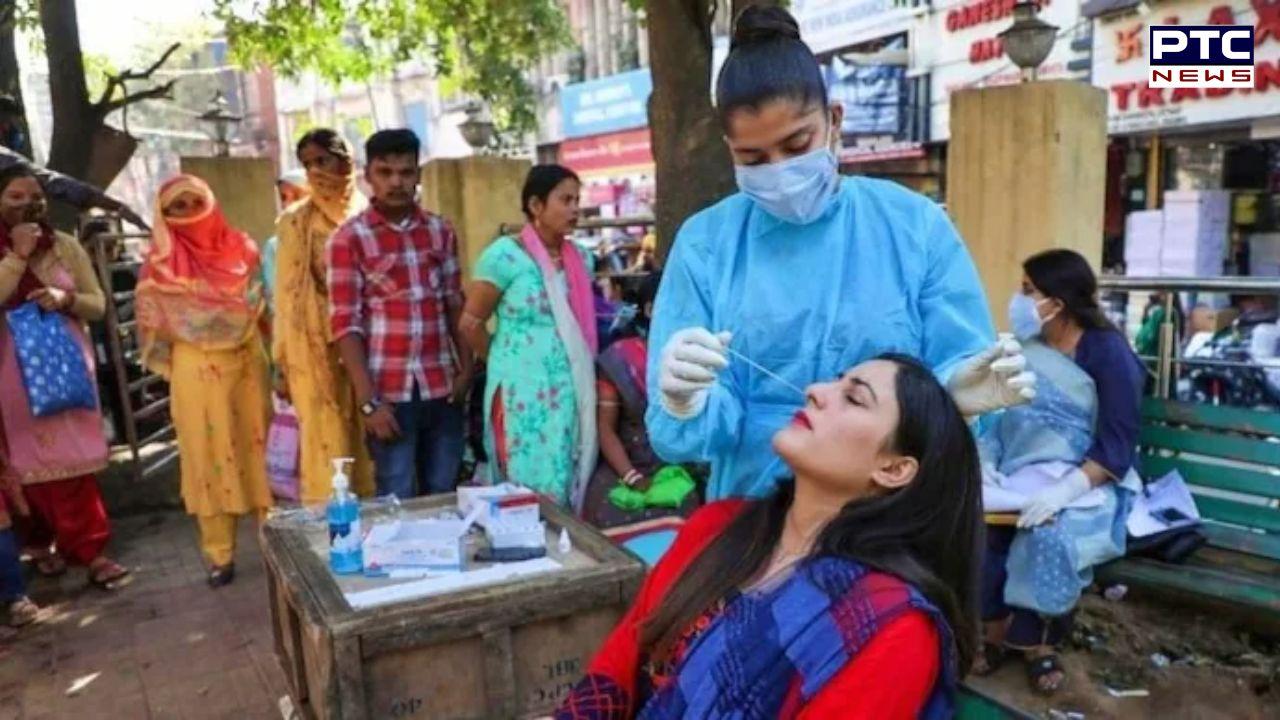Cleveland (United States): Among patients with obesity, prior weight loss achieved with bariatric surgery was associated with a 60 per cent lower risk of developing severe complications from Covid-19 infection, says a study.

The research has been published in the 'JAMA Surgery Journal'. Numerous studies have established obesity as a major risk factor for developing serious illness from an infection of SARS-CoV-2, the virus that causes Covid-19. Obesity weakens the immune system, creates a chronic inflammatory state, and increases risk for cardiovascular disease, blood clots, and lung conditions. All of these conditions can complicate Covid-19.
[caption id="" align="aligncenter" width="2121"]
 Social media[/caption]
Also read | Omicron: Yellow alert to continue, no fresh restrictions for now
Social media[/caption]
Also read | Omicron: Yellow alert to continue, no fresh restrictions for now
The aim of this study was to examine whether a successful weight-loss intervention in patients with obesity prior to contracting Covid-19 could reduce the risk of developing a severe form of this disease.
"The research findings show that patients with obesity who achieved substantial and sustained weight loss with bariatric surgery prior to a Covid-19 infection reduced their risk of developing severe illness by 60 percent," said Ali Aminian MD, lead author of the study and director of Cleveland Clinic's Bariatric & Metabolic Institute.
"Our study provides strong evidence that obesity is a modifiable risk factor for Covid-19 that can be improved through a successful weight-loss intervention," he added.
[caption id="" align="aligncenter" width="1230"]) Social media[/caption]
Also read | Omicron is spreading in community: Delhi Health Minister
Social media[/caption]
Also read | Omicron is spreading in community: Delhi Health Minister























 Social media[/caption]
Although the rate of contracting SARS-CoV-2 was similar between the groups (9.1 per cent in the surgical group and 8.7 per cent in the non-surgical group), participants in the weight-loss surgery group experienced much better outcomes after contracting COVID-19 compared with those in the non-surgical group.
-PTC News
Social media[/caption]
Although the rate of contracting SARS-CoV-2 was similar between the groups (9.1 per cent in the surgical group and 8.7 per cent in the non-surgical group), participants in the weight-loss surgery group experienced much better outcomes after contracting COVID-19 compared with those in the non-surgical group.
-PTC News























